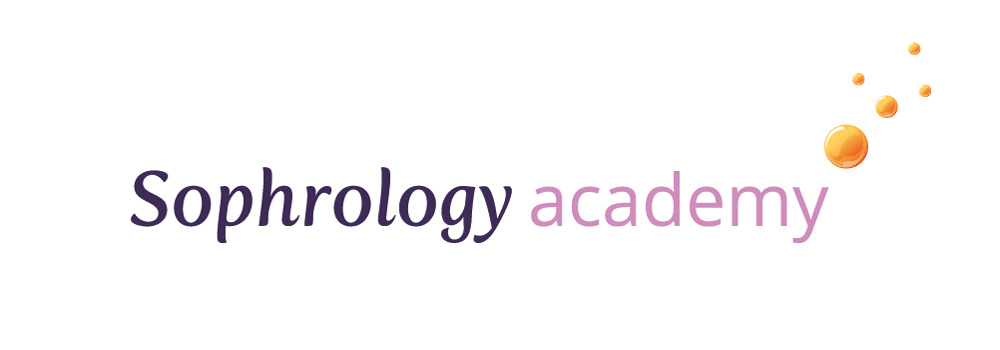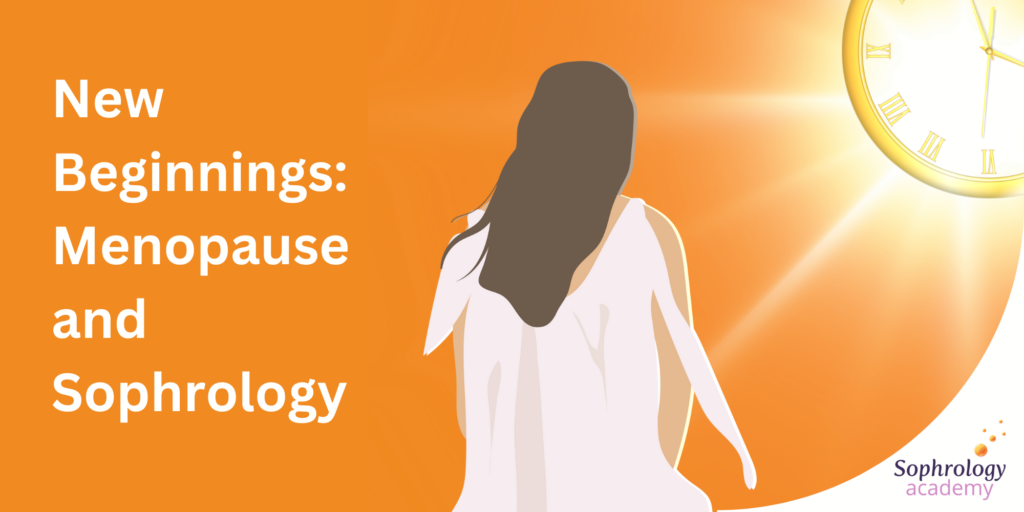Women typically spend about one third of their lives in menopause; yet, until quite recently, it was a topic that rarely left the doctor’s surgery.Now, menopausal health and wellbeing issues are finally being discussed out in the open, and better support is slowly being introduced where it is needed.
But should menopause really be marked only by the symptoms that it can bring?
Menopause as a natural process
The medical model typically applied to menopause, often means that it is regarded as a ‘condition’ – an illness or disorder that needs to be ‘treated’. This terminology can make it hard for women to explore deeper, more existential issues that can arise during this stage of life.Contrary to popular belief, Menopause is not a condition – no more than puberty which marks the beginning of the fertility cycle! In fact, menopause is a natural process that can be an opportunity for growth; embracing change, and looking forward to a new and different phase of life.
In this regard, menopause can be seen as a journey of transformation; and how we adapt to this transformation can hugely impact our experience of it.
Sophrology – a wellbeing method which combines eastern and western relaxation techniques – has become increasingly popular as a way to adapt and grow through the many changes that menopause brings.
Self-awareness through Sophrology
The Sophrology method can not only help to manage the physical and emotional aspects of menopause, but also provides the tools to develop our self-awareness, and explore the journey on a more personal level.
In fact, many women may not recognise that they are menopausal, and will internalise their feelings of burnout, depression or anxiety as a sign that they are simply no longer coping, or ‘failing at life’. As a result, self-confidence and self-esteem issues can lead to ‘hasty’ life decisions, with over 900,000 women in the UK having reported leaving their jobs due to menopausal symptoms. (Often diagnosed only after leaving their job).
Growth and Acceptance
With access to adequate support and the right wellbeing tools, menopause need not follow the path that many women expect; through regular practice, Sophrology can enable us to ‘tune in’ to our thoughts, feelings and sensations, and guide us towards an understanding and acceptance of the changes we are experiencing.
Margot Espinasse, a Sophrologist who regularly works with menopausal clients, describes menopause as ‘…a chance to connect with our true self and our values, and to redefine our roles in life.’ Using Sophrology techniques, her clients learn to achieve a sense of calm, to let go of the overflow of emotions, and embrace their new reality.
These techniques, explains Margot, allow her clients to look to the future with serenity and a positive mental approach.
Margot’s clients are not alone; this is the experience of many who have sought Sophrology as a means of managing their journey through menopause.
Sophrology techniques for menopausal symptoms:
So how does Sophrology help with menopausal symptoms? Below are some of the most common issues, and the techniques used to manage them…
Anxiety
Feeling anxious without cause can be debilitating as we experience ‘warning signals’ without cause. However, this sensation can be lightened with techniques that combine breathing with mental imagery, focusing on the exhale and a word or image evoking wellbeing.
Hot Flushes
The sudden onset of a hot flush in a public place can be really angst-provoking for many women, and is a common reason for resigning from a job. However, Sophrology can help us to lessen the hot flush through tense and release exercises and visualisation techniques where we focus on ‘coolness’. Breathing techniques also focus on releasing unpleasant thoughts, helping to regain a state of inner calm.
Muscle or Back Pain
Menopausal pain can occur across all areas of the body, and the Sophrology method uses techniques that help us to focus on non-painful areas to reduce pain sensations. Further, using visualisations to evoke feelings of coolness or warmth can reduce or eliminate these sensations.
Managing Emotions and Irritability
Often, we find ourselves ‘on a short fuse’ as our hormone levels fluctuate, causing other unpleasant emotions in its wake. By becoming more aware of different regions in the body, regulating our breathing and eliminating unhelpful thoughts through tension-release techniques, we can learn to manage our irritability more effectively.
Dealing with Low Mood and Lethargy
If you find yourself crying uncontrollably for no reason at all – this is also entirely natural! Again, it’s the result of those fluctuating hormones, and dynamic relaxation techniques can help, as can oxygenating the body through controlled breathing. Activating sensations in the body and a focus on the in-breath can help to re-energise our system and give us the boost we need – when we need it.
Issues with Sleeping
Problems with sleep are among the most common issues with menopause, and this is an area of expertise for which Sophrology is widely known. You can find out more about how Sophrology can aid sleep in our blog, here.
More than a Set of Tools
These are just some of the ways that Sophrology can help, and with so many facets to menopause and its symptoms, it makes sense to have as many tools to hand as possible – and it’s never too early to start!
Integrating Sophrology into your everyday life before menopause onset can help you to use these techniques more instinctively when the time comes. Preparation, as well as practice, is key.
Sophrology is not just a set of tools, however. It can help to create the space we need to open to greater awareness and explore who we really are. Beyond a set of exercises for self-regulation, Sophrology takes us further to explore our own true values. And living from this place of meaning and authenticity, rather from conditioning that we receive in earlier life, can lead to a profound sense of freedom and joy…
Marking the Menopause Journey…
So, why should we let our personal journey through menopause slip by, quietly?
Menopause is an extraordinary rite of passage as a woman, and whilst other important stages of life, such as birth, puberty and death, have historically been marked by society, menopause is not.
Perhaps then, with the tools to embrace this new beginning in a positive way, we should mark our own personal transformation and innate femininity. By being present in our own lives, and moving forward with the wisdom of past years, we can look ahead to many more as our best version of ourselves.
Want to know more about Sophrology or thinking of training as a Sophrologist? The Sophrology Academy offers certified Sophrology training, as well as free events, held monthly online.
*Please note: The term ‘woman’ is used to refer to a biological female, and includes those who may not identify as female, but who have experienced or will experience menopause during their lifetime.


